- myFICO® Forums
- FICO Scoring and Other Credit Topics
- Understanding FICO® Scoring
- Re: How does FICO know to penalize for not doing A...
- Subscribe to RSS Feed
- Mark Topic as New
- Mark Topic as Read
- Float this Topic for Current User
- Bookmark
- Subscribe
- Mute
- Printer Friendly Page
How does FICO know to penalize for not doing AZEO??
Is your credit card giving you the perks you want?
Browse credit cards from a variety of issuers to see if there's a better card for you.
- Mark as New
- Bookmark
- Subscribe
- Mute
- Subscribe to RSS Feed
- Permalink
- Report Inappropriate Content
How does FICO know to penalize for not doing AZEO??
I was thinking about this as I mistakenly paid off my AZEO credit card (the one I carry a small balance on) by accident. I put a small charge back onto it that I'm hoping will post before my statement cuts on Friday, Feb 14th.
My question is: How does the FICO algorithm know when to penalize you for carrying $0.00 on "all" of your cards? For example, here are my statement dates in order from first to last. Is the FICO algorithm recording the balances for each new calendar month, or is it a rolling analysis?
Navy Flagship 5th
Capital One Venture 10th
Navy More Rewards 14th - paid off to 0.00 by accident (but placed a charged yesterday)
FNBO 26th
Navy Plat 26th
Apple Card 31st (or end of month)
So again, does the point penalty only happen after the last statement generates for a given month? So in my case, Apple Card? If the small charge I placed onto my Navy MR card doesn't post in time, and the card posts as $0.00, then I'll place a small charge on my Navy Plat card. But you can see how this could be a problem if it's a "rolling" analysis whereby all my cards have reported as $0.00 and the Navy MR is last to report, then it would definitely look like I have $0.00 balances across all of my cards.
Not so if the algorithm counts each month as a new month. If that's the case, then the Navy MR is only 3 of 6 in the order of reporting.
Thank you for your input! Hope that makes sense. ![]()
- Mark as New
- Bookmark
- Subscribe
- Mute
- Subscribe to RSS Feed
- Permalink
- Report Inappropriate Content
Re: How does FICO know to penalize for not doing AZEO??
@mortimerwereback wrote:I was thinking about this as I mistakenly paid off my AZEO credit card (the one I carry a small balance on) by accident. I put a small charge back onto it that I'm hoping will post before my statement cuts on Friday, Feb 14th.
My question is: How does the FICO algorithm know when to penalize you for carrying $0.00 on "all" of your cards? For example, here are my statement dates in order from first to last. Is the FICO algorithm recording the balances for each new calendar month, or is it a rolling analysis?
Navy Flagship 5th
Capital One Venture 10th
Navy More Rewards 14th - paid off to 0.00 by accident (but placed a charged yesterday)
FNBO 26th
Navy Plat 26th
Apple Card 31st (or end of month)
So again, does the point penalty only happen after the last statement generates for a given month? So in my case, Apple Card? If the small charge I placed onto my Navy MR card doesn't post in time, and the card posts as $0.00, then I'll place a small charge on my Navy Plat card. But you can see how this could be a problem if it's a "rolling" analysis whereby all my cards have reported as $0.00 and the Navy MR is last to report, then it would definitely look like I have $0.00 balances across all of my cards.
Not so if the algorithm counts each month as a new month. If that's the case, then the Navy MR is only 3 of 6 in the order of reporting.
Thank you for your input! Hope that makes sense.
It's based on what reported balances are in your report as of the moment they pull the report. The score doesn't exist in a vacuum; it only exists when a report is pulled and an algorithm is applied to the data in the report.
Since some of your cards are credit union cards, I should point out that there have been some reports by forum members that a balance reported on a credit union card was not counted. Personally I'm skeptical of that, but it's probably safer to use a bank card as the reporting card.

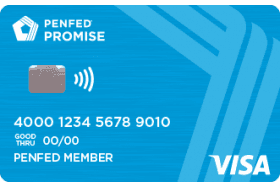

















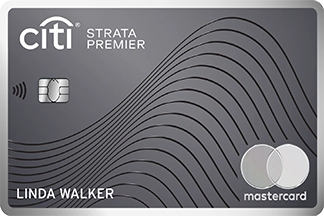











Total revolving limits 568220 (504020 reporting) FICO 8: EQ 689 TU 691 EX 682
- Mark as New
- Bookmark
- Subscribe
- Mute
- Subscribe to RSS Feed
- Permalink
- Report Inappropriate Content
Re: How does FICO know to penalize for not doing AZEO??
@SouthJamaica wrote:
@mortimerwereback wrote:I was thinking about this as I mistakenly paid off my AZEO credit card (the one I carry a small balance on) by accident. I put a small charge back onto it that I'm hoping will post before my statement cuts on Friday, Feb 14th.
My question is: How does the FICO algorithm know when to penalize you for carrying $0.00 on "all" of your cards? For example, here are my statement dates in order from first to last. Is the FICO algorithm recording the balances for each new calendar month, or is it a rolling analysis?
Navy Flagship 5th
Capital One Venture 10th
Navy More Rewards 14th - paid off to 0.00 by accident (but placed a charged yesterday)
FNBO 26th
Navy Plat 26th
Apple Card 31st (or end of month)
So again, does the point penalty only happen after the last statement generates for a given month? So in my case, Apple Card? If the small charge I placed onto my Navy MR card doesn't post in time, and the card posts as $0.00, then I'll place a small charge on my Navy Plat card. But you can see how this could be a problem if it's a "rolling" analysis whereby all my cards have reported as $0.00 and the Navy MR is last to report, then it would definitely look like I have $0.00 balances across all of my cards.
Not so if the algorithm counts each month as a new month. If that's the case, then the Navy MR is only 3 of 6 in the order of reporting.
Thank you for your input! Hope that makes sense.
It's based on what reported balances are in your report as of the moment they pull the report. The score doesn't exist in a vacuum; it only exists when a report is pulled and an algorithm is applied to the data in the report.
Since some of your cards are credit union cards, I should point out that there have been some reports by forum members that a balance reported on a credit union card was not counted. Personally I'm skeptical of that, but it's probably safer to use a bank card as the reporting card.
Thank you for your insights @SouthJamaica. Never thought of it as you describe.... So..... whenever one's FICO report updates (which I'm assuming is when it auto-updates or when we refresh it monthly for those with the monthly subscription) the algorithm is applied to the data that's been pulled.
And so would it be correct to say that we are at the mercy of the timing of our FICO reports updating? And the data that's present when it updates? If so, then I will not be using this month's triple pull anywhere near the Navy MR statement date if my small charge doesn't post. If the Navy MR statement posts at $0.00 and I pull my new monthly reports, the algorithm will see $0.00 across all cards. loll..
Regarding credit union card vs. regular card, I agree with you. Navy's credit card has worked perfectly fine as the AZEO card for about 4 months now. No issues.
- Mark as New
- Bookmark
- Subscribe
- Mute
- Subscribe to RSS Feed
- Permalink
- Report Inappropriate Content
Re: How does FICO know to penalize for not doing AZEO??
@mortimerwereback wrote:
@SouthJamaica wrote:
@mortimerwereback wrote:I was thinking about this as I mistakenly paid off my AZEO credit card (the one I carry a small balance on) by accident. I put a small charge back onto it that I'm hoping will post before my statement cuts on Friday, Feb 14th.
My question is: How does the FICO algorithm know when to penalize you for carrying $0.00 on "all" of your cards? For example, here are my statement dates in order from first to last. Is the FICO algorithm recording the balances for each new calendar month, or is it a rolling analysis?
Navy Flagship 5th
Capital One Venture 10th
Navy More Rewards 14th - paid off to 0.00 by accident (but placed a charged yesterday)
FNBO 26th
Navy Plat 26th
Apple Card 31st (or end of month)
So again, does the point penalty only happen after the last statement generates for a given month? So in my case, Apple Card? If the small charge I placed onto my Navy MR card doesn't post in time, and the card posts as $0.00, then I'll place a small charge on my Navy Plat card. But you can see how this could be a problem if it's a "rolling" analysis whereby all my cards have reported as $0.00 and the Navy MR is last to report, then it would definitely look like I have $0.00 balances across all of my cards.
Not so if the algorithm counts each month as a new month. If that's the case, then the Navy MR is only 3 of 6 in the order of reporting.
Thank you for your input! Hope that makes sense.
It's based on what reported balances are in your report as of the moment they pull the report. The score doesn't exist in a vacuum; it only exists when a report is pulled and an algorithm is applied to the data in the report.
Since some of your cards are credit union cards, I should point out that there have been some reports by forum members that a balance reported on a credit union card was not counted. Personally I'm skeptical of that, but it's probably safer to use a bank card as the reporting card.
Thank you for your insights @SouthJamaica. Never thought of it as you describe.... So..... whenever one's FICO report updates (which I'm assuming is when it auto-updates or when we refresh it monthly for those with the monthly subscription) the algorithm is applied to the data that's been pulled.
Yes whenever anyone pulls it and is applying one of the FICO algorithms to that day's data. Could be you, or could be a creditor, or could be someone doing a soft pull for promotional screening, etc.
And so would it be correct to say that we are at the mercy of the timing of our FICO reports updating? And the data that's present when it updates?
Well we can control the data to some extent. So it would be more correct perhaps to say that whoever is pulling the report is at the mercy of that day's data.
If so, then I will not be using this month's triple pull anywhere near the Navy MR statement date if my small charge doesn't post.
Your pulling it doesn't affect anything, except your knowledge of what's reporting and what your scores would be if a creditor pulled your report that day. I.e., it's just information. It doesn't affect your scores.
If the Navy MR statement posts at $0.00 and I pull my new monthly reports, the algorithm will see $0.00 across all cards. loll..
??
Regarding credit union card vs. regular card, I agree with you. Navy's credit card has worked perfectly fine as the AZEO card for about 4 months now. No issues.































Total revolving limits 568220 (504020 reporting) FICO 8: EQ 689 TU 691 EX 682
- Mark as New
- Bookmark
- Subscribe
- Mute
- Subscribe to RSS Feed
- Permalink
- Report Inappropriate Content
Re: How does FICO know to penalize for not doing AZEO??
Thanks a bunch @SouthJamaica. Appreciate your taking the time to write such detailed responses! ![]()
The part I'm still a bit confused about is the "when." When does one's FICO score drop for having the $0.00 balance across all cards? Yes, the data is there, and the algorithm is applied to interpret the data, for someone pulling your score etc, but eventually if left at $0.00, one's FICOs would drop as a result of "all zero." Something must trigger the drop, whether it's the score refreshing itself or perhaps timing?
- Mark as New
- Bookmark
- Subscribe
- Mute
- Subscribe to RSS Feed
- Permalink
- Report Inappropriate Content
Re: How does FICO know to penalize for not doing AZEO??
@mortimerwereback wrote:Thanks a bunch @SouthJamaica. Appreciate your taking the time to write such detailed responses!
The part I'm still a bit confused about is the "when." When does one's FICO score drop for having the $0.00 balance across all cards? Yes, the data is there, and the algorithm is applied to interpret the data, for someone pulling your score etc, but eventually if left at $0.00, one's FICOs would drop as a result of "all zero." Something must trigger the drop, whether it's the score refreshing itself or perhaps timing?
I guess more specifically, you could be asking if FICO is tracking across different months.
I would assume when it pulls, it looks at the last reported month even if those months are different of all of your revolvers and checks for balances. If all balances = 0, there's a penalty. If there's a small balance on one card, you get bonused. (I have no idea if this is actually how it works, would love more insight here)
January:
Card 1: $10
Card 2: $0
Card 3: $0
AZEO = GOOD
Feburary:
Card 1: $0
Card 2: $0
Card 3: $0
All Zero Penalty = BAD
March:
Card 1: $0
Card 2: $0
Card 3: $0
April:
Card 1: $10
Card 2: Hasn't reported yet ($0 from last month)
Card 3: Hasn't reported yet ($0 from last month)
Is April still AZEO despite them not reporting yet and taking the data from last month's reporting?
Like in this situation, is FICO going to read AZEO because one card has reported first before the other cards on your report have gotten a chance to report?



Current FICO 8:





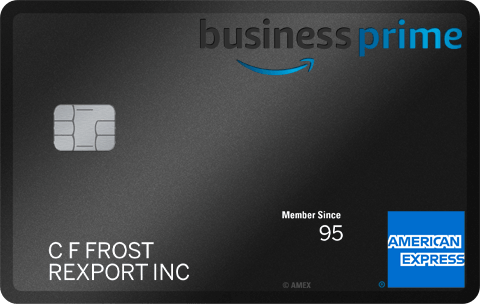
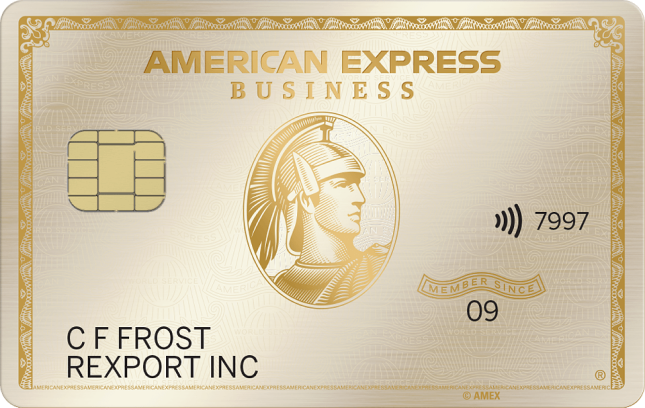





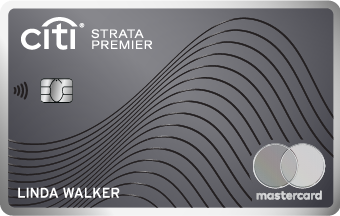
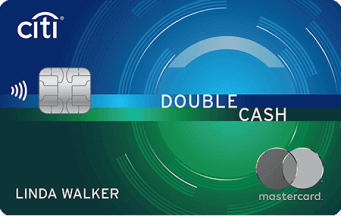





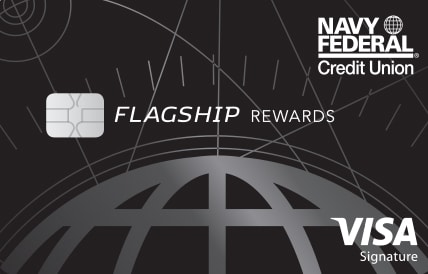

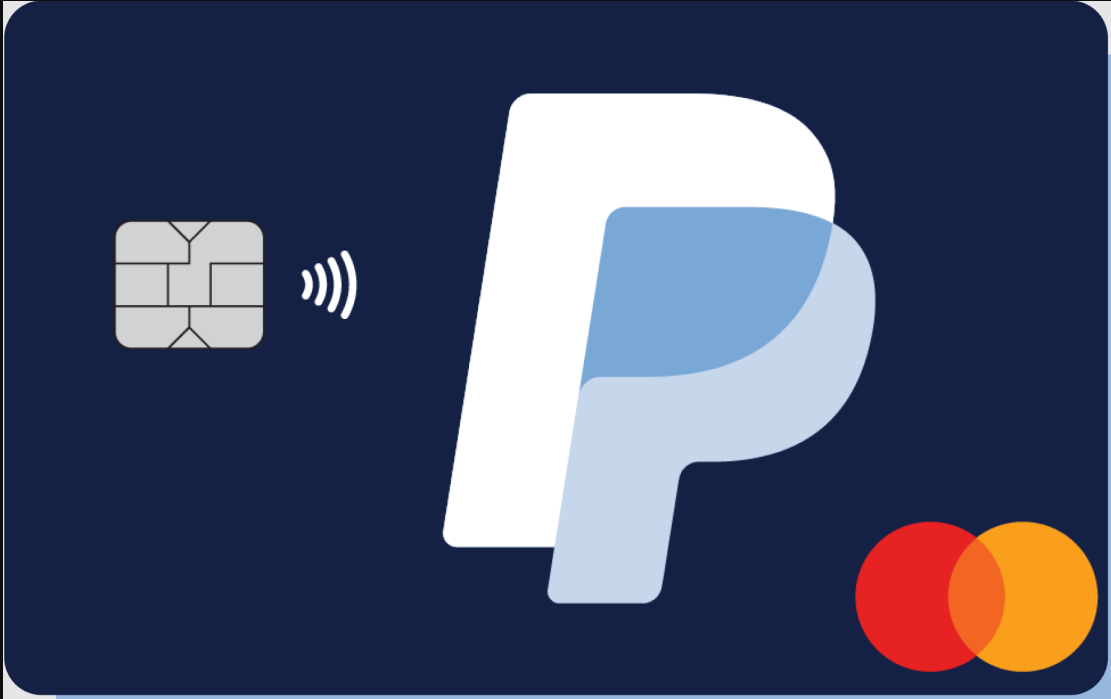
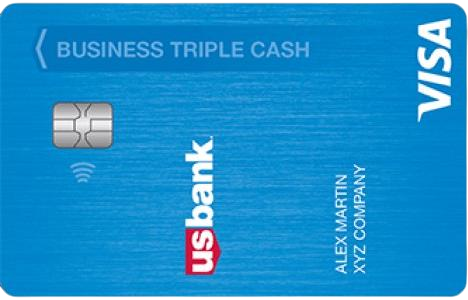


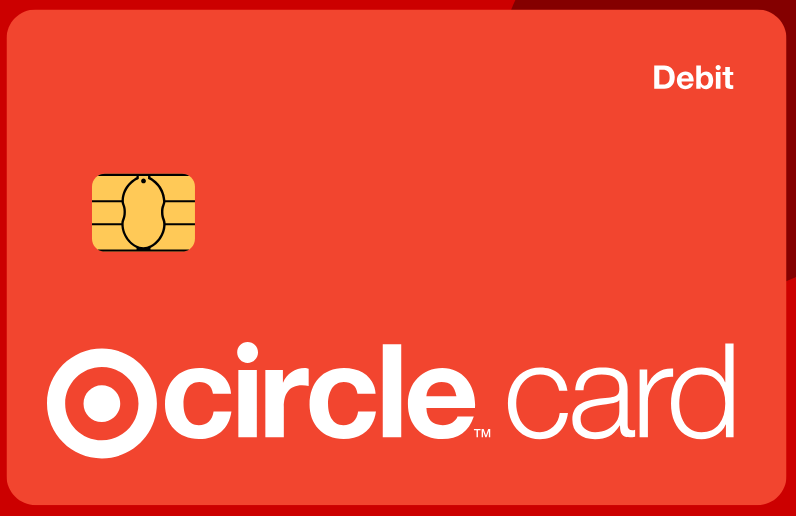

- Mark as New
- Bookmark
- Subscribe
- Mute
- Subscribe to RSS Feed
- Permalink
- Report Inappropriate Content
Re: How does FICO know to penalize for not doing AZEO??
@GZG wrote:
@mortimerwereback wrote:Thanks a bunch @SouthJamaica. Appreciate your taking the time to write such detailed responses!
The part I'm still a bit confused about is the "when." When does one's FICO score drop for having the $0.00 balance across all cards? Yes, the data is there, and the algorithm is applied to interpret the data, for someone pulling your score etc, but eventually if left at $0.00, one's FICOs would drop as a result of "all zero." Something must trigger the drop, whether it's the score refreshing itself or perhaps timing?
I guess more specifically, you could be asking if FICO is tracking across different months.
I would assume when it pulls, it looks at the last reported month even if those months are different of all of your revolvers and checks for balances. If all balances = 0, there's a penalty. If there's a small balance on one card, you get bonused. (I have no idea if this is actually how it works, would love more insight here)
January:
Card 1: $10
Card 2: $0
Card 3: $0
AZEO = GOOD
Feburary:
Card 1: $0
Card 2: $0
Card 3: $0
All Zero Penalty = BAD
March:
Card 1: $0
Card 2: $0
Card 3: $0
April:
Card 1: $10
Card 2: Hasn't reported yet ($0 from last month)
Card 3: Hasn't reported yet ($0 from last month)
Is April still AZEO despite them not reporting yet and taking the data from last month's reporting?
Like in this situation, is FICO going to read AZEO because one card has reported first before the other cards on your report have gotten a chance to report?
Yea that make sense @GZG. I could see it tracking across months... If a balance is reported in a given month and then the next month it goes to all zero, it would mean that each month is counted individually, and one wouldn't be "all zero" until the last card reports for a given month. Because there has to be something tracking balances and a trigger for 0.00.
That's a really good question regarding your April. Kinda ties into my question about this month. Both are related to how FICO's algorithm tracks "all zero" or balances. I guess you'd see one of two actions: 1. the day the $10 balance reports in April, the algorithm recognizes you are "no longer" all zero and perhaps you get a few points, or 2. No score changes will occur until your second and third cards generate statements.
But the more I think about, after reading @SouthJamaica's reasonings, the more I think any point increase or decrease is triggered soon after a card goes to $0.00, lets say it was the last card carrying a balance (as in my case). OR in your case, after all cards have been zero, a card suddenly reports a balance, and then a few days later you're given a few points. If not, it would mean that FICO was tracking each calendar month individually. Which I feel like wouldn't make sense since score increases and decreases always take into account recent history. For example, I have two EX inquiries and I get a third and my score gets dinged. Or I have a balance, and I reduce it to below 49% aggregate and I receive a point increase.
I really hope that the small charge I put on my Navy MR clears before the 14th midnight. I put the charge around 1 am EST on the 12th. Else, I'm gonna see a -20pt drop again across my FICO 8s (if what I wrote above is how AZEO functions). Which is going to suck big time. Crossing fingers!
- Mark as New
- Bookmark
- Subscribe
- Mute
- Subscribe to RSS Feed
- Permalink
- Report Inappropriate Content
Re: How does FICO know to penalize for not doing AZEO??
@mortimerwereback wrote:Yea that make sense @GZG. I could see it tracking across months... If a balance is reported in a given month and then the next month it goes to all zero, it would mean that each month is counted individually, and one wouldn't be "all zero" until the last card reports for a given month. Because there has to be something tracking balances and a trigger for 0.00.
That's a really good question regarding your April. Kinda ties into my question about this month. Both are related to how FICO's algorithm tracks "all zero" or balances. I guess you'd see one of two actions: 1. the day the $10 balance reports in April, the algorithm recognizes you are "no longer" all zero and perhaps you get a few points, or 2. No score changes will occur until your second and third cards generate statements.
But the more I think about, after reading @SouthJamaica's reasonings, the more I think any point increase or decrease is triggered soon after a card goes to $0.00, lets say it was the last card carrying a balance (as in my case). OR in your case, after all cards have been zero, a card suddenly reports a balance, and then a few days later you're given a few points. If not, it would mean that FICO was tracking each calendar month individually. Which I feel like wouldn't make sense since score increases and decreases always take into account recent history. For example, I have two EX inquiries and I get a third and my score gets dinged. Or I have a balance, and I reduce it to below 49% aggregate and I receive a point increase.
I really hope that the small charge I put on my Navy MR clears before the 14th midnight. I put the charge around 1 am EST on the 12th. Else, I'm gonna see a -20pt drop again across my FICO 8s (if what I wrote above is how AZEO functions). Which is going to suck big time. Crossing fingers!
You're stuck on this idea of months, but that's not how credit scores work. A credit score is an instant in time. When someone pulls your report, a score is generated in that moment. If someone else requests your score 2 seconds later, a completely new score is generated. There isn't this score in the background that periodically updates. It's more accurate to say that, in between requests, you don't have a score.
The way credit reporting services work might be causing some confusion, because the bureaus apparently send push notifications when there's a significant change to your report, like a new card reporting. But if one of those trigger events results in the credit monitoring service requesting a score, it's still based on that instant in time. If someone pulls your report in between trigger events, the score that's generated for them might be different than the score was generated for either of the bracketing trigger events, because there are scoring components that don't trigger notifications (like passing an age threshold).
And even if your Navy card reports as $0, does it really matter? If no lender pulls your score in the couple weeks before your FNBO card reports, then nobody will know (or care) that your score would have been a little lower if they did pull your report in that interval.
Separately, I can confirm that my Navy More Rewards definitely counts for AZ and AZEO purposes, as well.
- Mark as New
- Bookmark
- Subscribe
- Mute
- Subscribe to RSS Feed
- Permalink
- Report Inappropriate Content
Re: How does FICO know to penalize for not doing AZEO??
For me I get a new MyFico 3 Bureau report at the beginning of each month. As long as I have a balance by the 1st day of the month I don't get a $0 balance penalty. I once switched the cards I use for AZEO, I paid off the normal card and posted a balance on the new card I wanted to use. The old card's closing date is the 25th and the new card's closing date is the 2nd day of the month. When I was eligible for a new report the new card hadn't reported. I ended up getting the $0 balance penalty that month. So I feel like the algorithm bases the penalty on whatever your balances are on the first day of the month.The following month I got the points back once the new credit report came out showing my new AZEO card's balance.
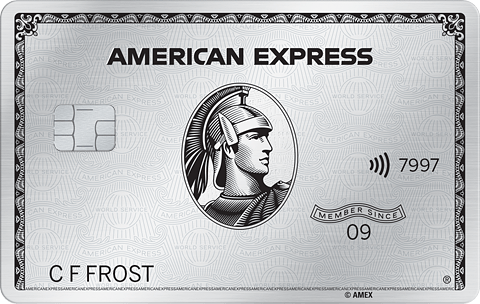
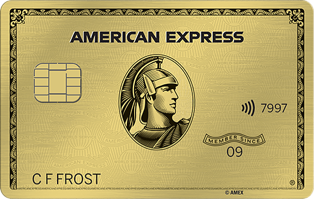


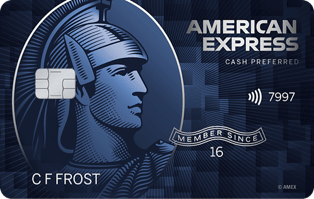

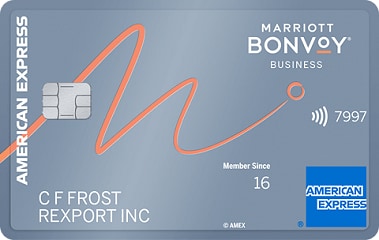

![Capital One Quicksilver | $4000 | July 2013 [AU]](https://ecm.capitalone.com/WCM/card/products/quicksilver-card-art.png)
![Capital One Venture X | $40,000 | September 2023 [AU]](https://ecm.capitalone.com/WCM/card/products/venturex-cg-static-card-1000x630-2.png)
![Chase Amazon Prime | $17,400 | March 2020 [AU]](https://creditcards.chase.com/content/dam/jpmc-marketplace/card-art/prime_visa.png)

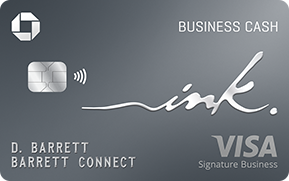











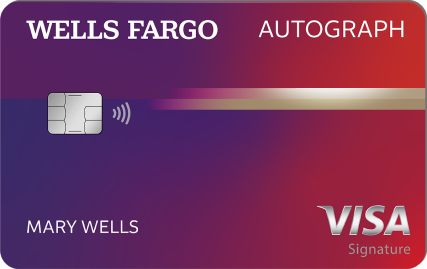













- Mark as New
- Bookmark
- Subscribe
- Mute
- Subscribe to RSS Feed
- Permalink
- Report Inappropriate Content
Re: How does FICO know to penalize for not doing AZEO??
@SouthJamaica wrote:
@mortimerwereback wrote:I was thinking about this as I mistakenly paid off my AZEO credit card (the one I carry a small balance on) by accident. I put a small charge back onto it that I'm hoping will post before my statement cuts on Friday, Feb 14th.
My question is: How does the FICO algorithm know when to penalize you for carrying $0.00 on "all" of your cards? For example, here are my statement dates in order from first to last. Is the FICO algorithm recording the balances for each new calendar month, or is it a rolling analysis?
Navy Flagship 5th
Capital One Venture 10th
Navy More Rewards 14th - paid off to 0.00 by accident (but placed a charged yesterday)
FNBO 26th
Navy Plat 26th
Apple Card 31st (or end of month)
So again, does the point penalty only happen after the last statement generates for a given month? So in my case, Apple Card? If the small charge I placed onto my Navy MR card doesn't post in time, and the card posts as $0.00, then I'll place a small charge on my Navy Plat card. But you can see how this could be a problem if it's a "rolling" analysis whereby all my cards have reported as $0.00 and the Navy MR is last to report, then it would definitely look like I have $0.00 balances across all of my cards.
Not so if the algorithm counts each month as a new month. If that's the case, then the Navy MR is only 3 of 6 in the order of reporting.
Thank you for your input! Hope that makes sense.
It's based on what reported balances are in your report as of the moment they pull the report. The score doesn't exist in a vacuum; it only exists when a report is pulled and an algorithm is applied to the data in the report.
Since some of your cards are credit union cards, I should point out that there have been some reports by forum members that a balance reported on a credit union card was not counted. Personally I'm skeptical of that, but it's probably safer to use a bank card as the reporting card.
@SouthJamaica I can report that thankfully Navy Federal does indeed work for AZEO. My wife uses her Cash Rewards each month as her AZEO card with no penalty. The OP could use their FNBO in this case if they don't wanna chance it.








![Capital One Quicksilver | $4000 | July 2013 [AU]](https://ecm.capitalone.com/WCM/card/products/quicksilver-card-art.png)
![Capital One Venture X | $40,000 | September 2023 [AU]](https://ecm.capitalone.com/WCM/card/products/venturex-cg-static-card-1000x630-2.png)
![Chase Amazon Prime | $17,400 | March 2020 [AU]](https://creditcards.chase.com/content/dam/jpmc-marketplace/card-art/prime_visa.png)


























